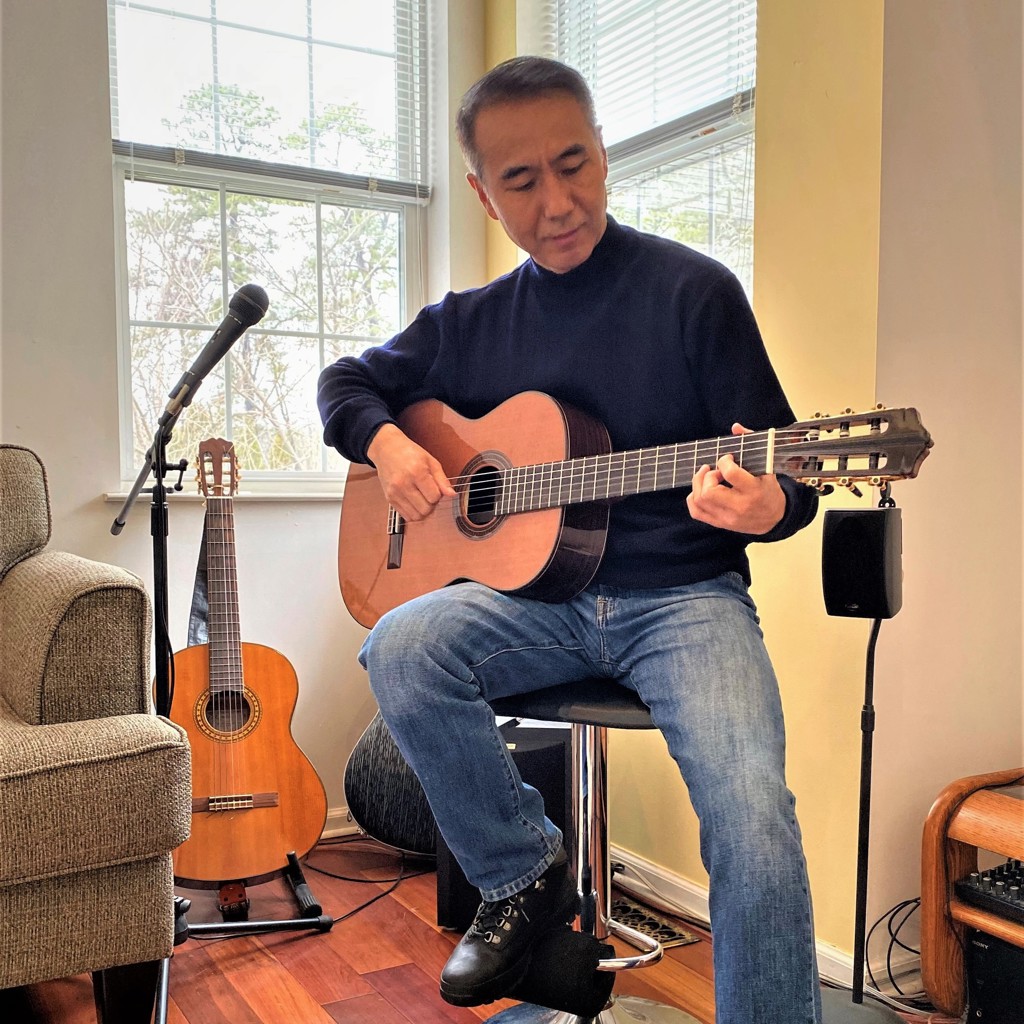Yi Cai
ZTE TX Inc., USAFor contributions to forward error correction and digital signal processing in optical fiber communications.

“I guess it was the stars in a summer-night sky that inspired my interest in science,” remembers Yi Cai, “I was amazed by the different colors of the stars-white, blue, orange, and red-which were so beautiful and mysterious. I enjoyed playing with the telescope, drawing constellation maps, matching star constellations against the sky, and of course reading sci-fi stories about galaxies in deep space.” In high school, his favorite subject was physics – made more interesting by the storytelling approach of his teacher Mr. Wenhua Li. Ever since, Yi has been hooked.
After high school, he attended the Beijing Institute of Technology, China, majoring in optical engineering, and upon graduating got a job as an electrical engineer developing large-scale display systems. Yi used to joke that his research career was “triggered by a piece of campus music and the noise made by a passing airplane,” and the story he tells makes perfect sense. It was his third year at the electrical engineering company, and he was watching a college graduation ceremony on TV. He heard a campus folk song performed which sparked a memory of his life on campus, and by the next day he had decided to go back to school. The second part of his story occurred in his second year of graduate work on signal processing: “I was on a train home from Shanghai when I heard the sound of an airplane flying over, which made me start to imagine taking a flight from China to a foreign country.” This eventually led him to apply for and be accepted into a program in Baltimore, Maryland, USA, where his PhD research in signal processing in optical fiber communications began. On the journey through his early career, Yi comments, “I didn’t always know what I would do and where I would go. Some of my avenue-changing decisions seemed stimulated by random little things…it was my curiosity and imagination that drove me to where I am.”
Along the way, Yi has experienced a number of challenges, but he has faced them head on. He comments, “My way to overcome the obstacles is to keep learning, practicing, and trying…Actually, some pretty difficult research obstacles were overcome by ideas literally popping up in my dreams, which I guess made a good excuse for me to sleep more.” His curiosity and optimism have led him to a successful research career. Yi remembers an early turning point for him and his outlook. He was trying to find a good coupling point between signal processing solutions and optical fiber transmission impairments. After excitedly describing his idea to his professor, he learned that he had essentially come up with the Manchester coding scheme! While this could have discouraged a young researcher Yi took a different approach: “If I could ‘invent’ an existing coding scheme, I must have been moving in the right direction. The next year, I published my first research paper on that subject at the 2000 OFC conference.”
Today, the focus of his research is forward error correction coding and signal processing for optical fiber communications – which is more on the side of theoretical and simulation studies than his earlier hands-on engineering experience. He and his team at ZTE (TX) Inc., USA, were recently able to build a FPGA-based FEC error-flare investigation platform which achieving a record throughput of 200Gbps (and 400Gbps in its 2nd generation). This helps the team reveal and mitigate unexpected error-flares of FEC schemes adopted for industrial standards and digital transmission systems. For the field, Yi is most excited about the applications of AI in optical communications. He also talks about the cyclical nature of research in general, and comments on the possibility of totally new ideas: “The current state of coding and signal processing in optical fiber communications is somewhere between the stages of practical applications and a new next direction.” Looking back on his career so far, Yi offers some advice to young people starting out in the field: “Like being an artist or a musician, a career on the STEM track can also be colorful, musical, and of course noisy. As long as you preserve curiosity and imagination, you will enjoy discoveries along the path.”
Photo Credit: Yi Cai
Profile written by Samantha Hornback
